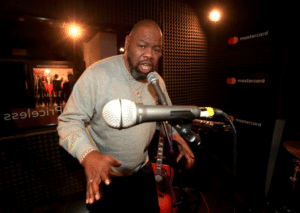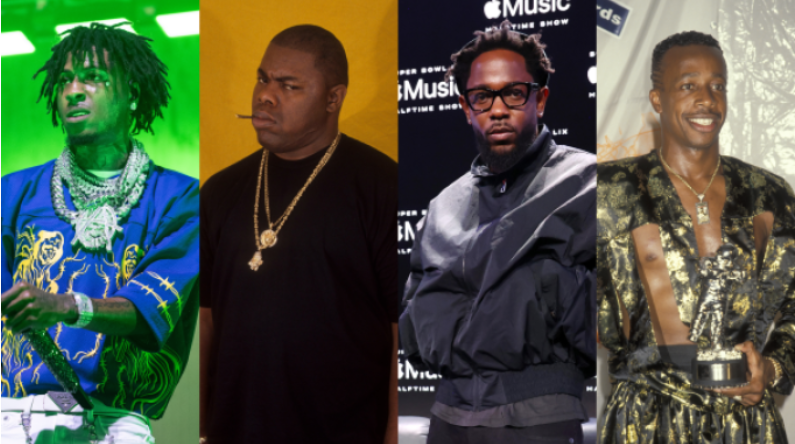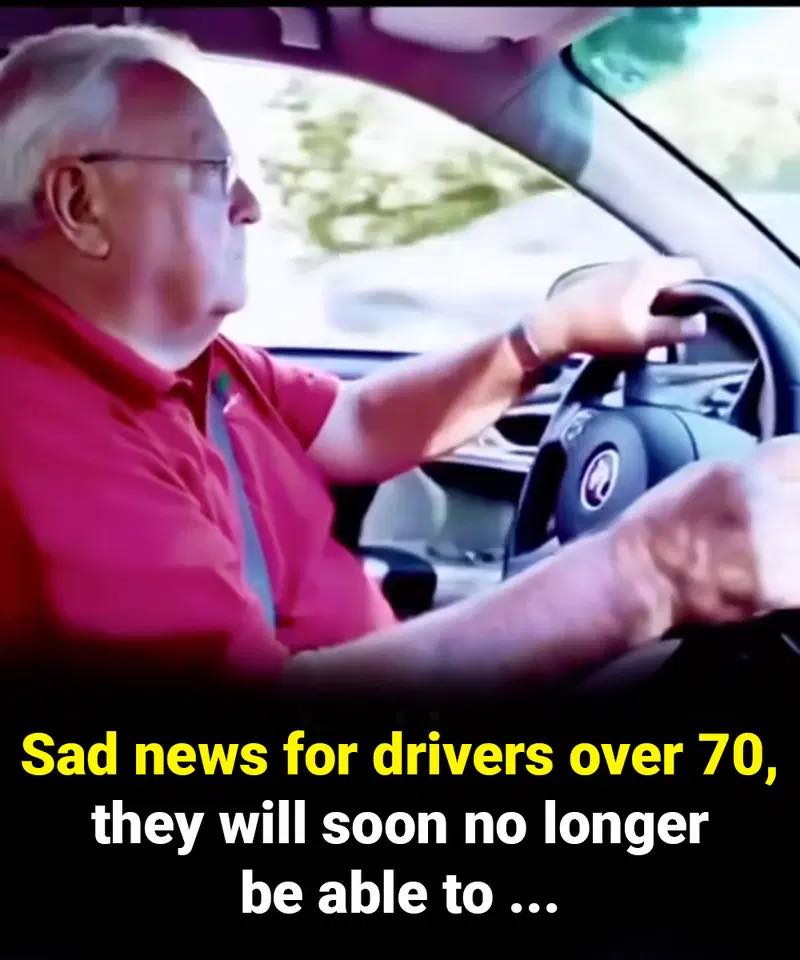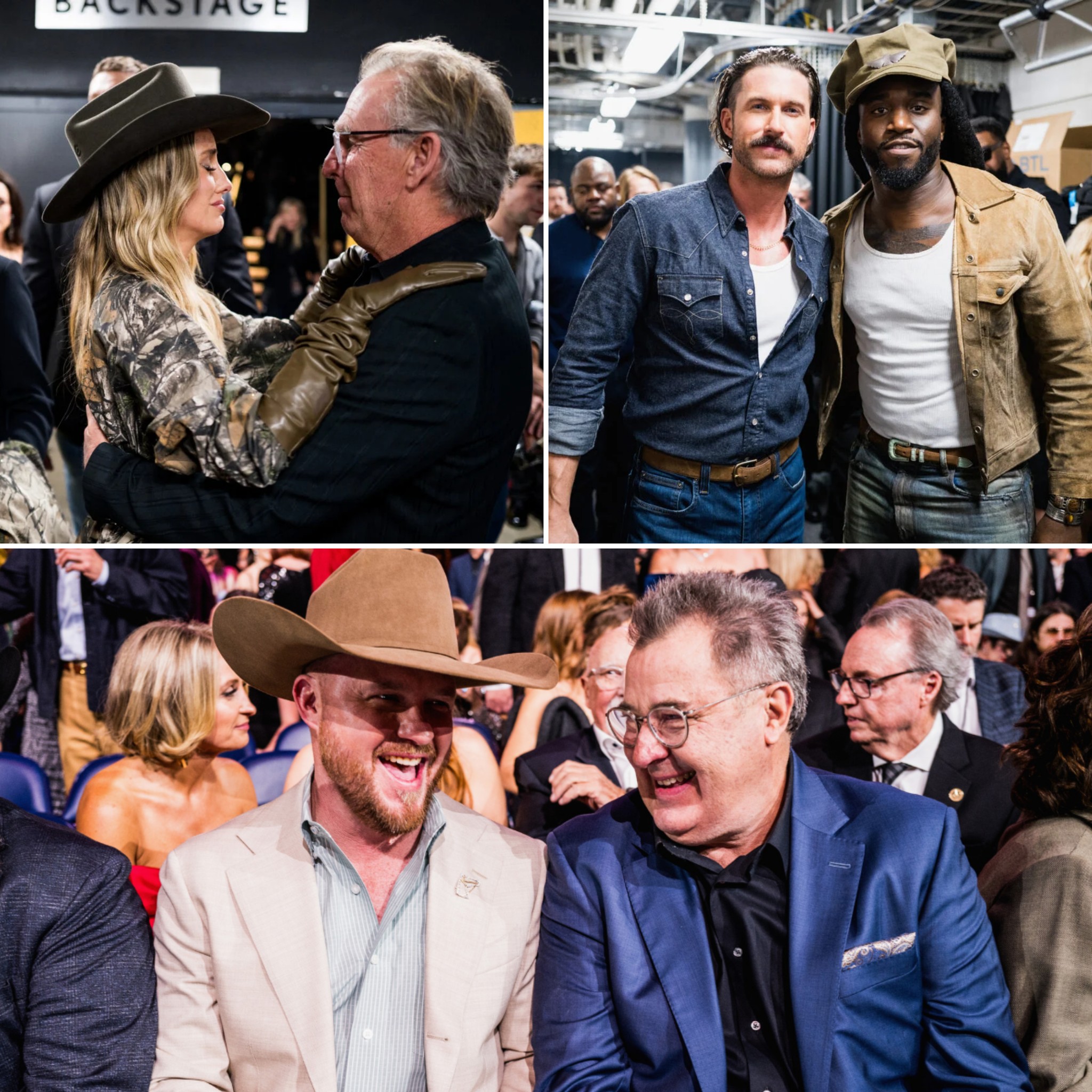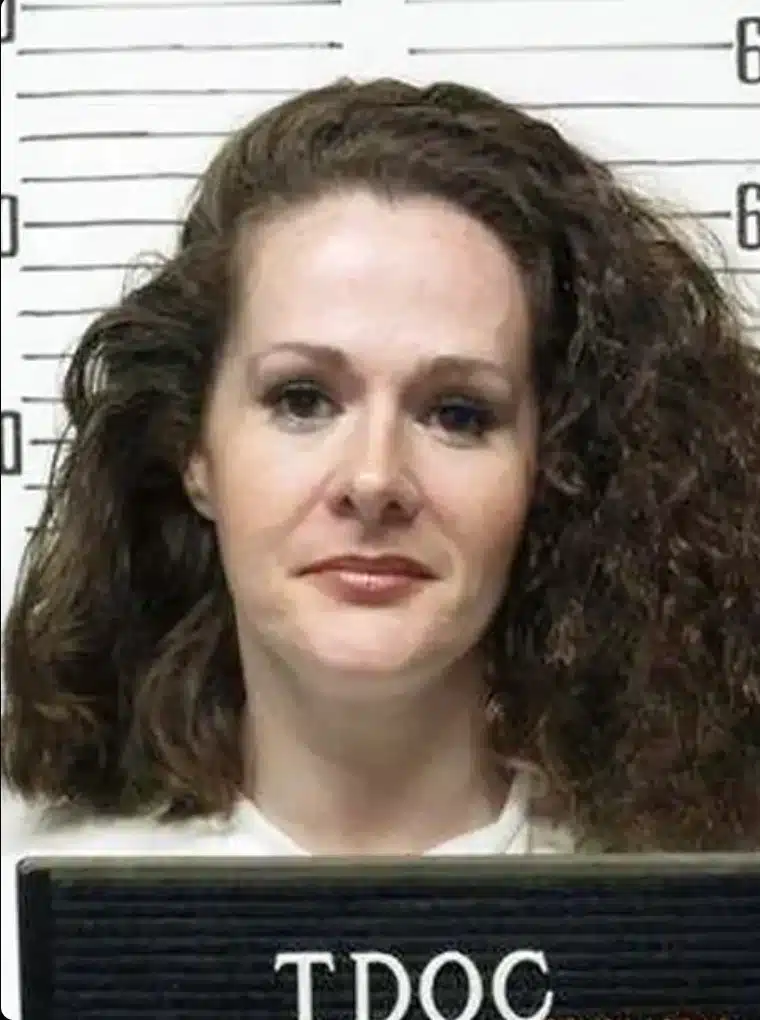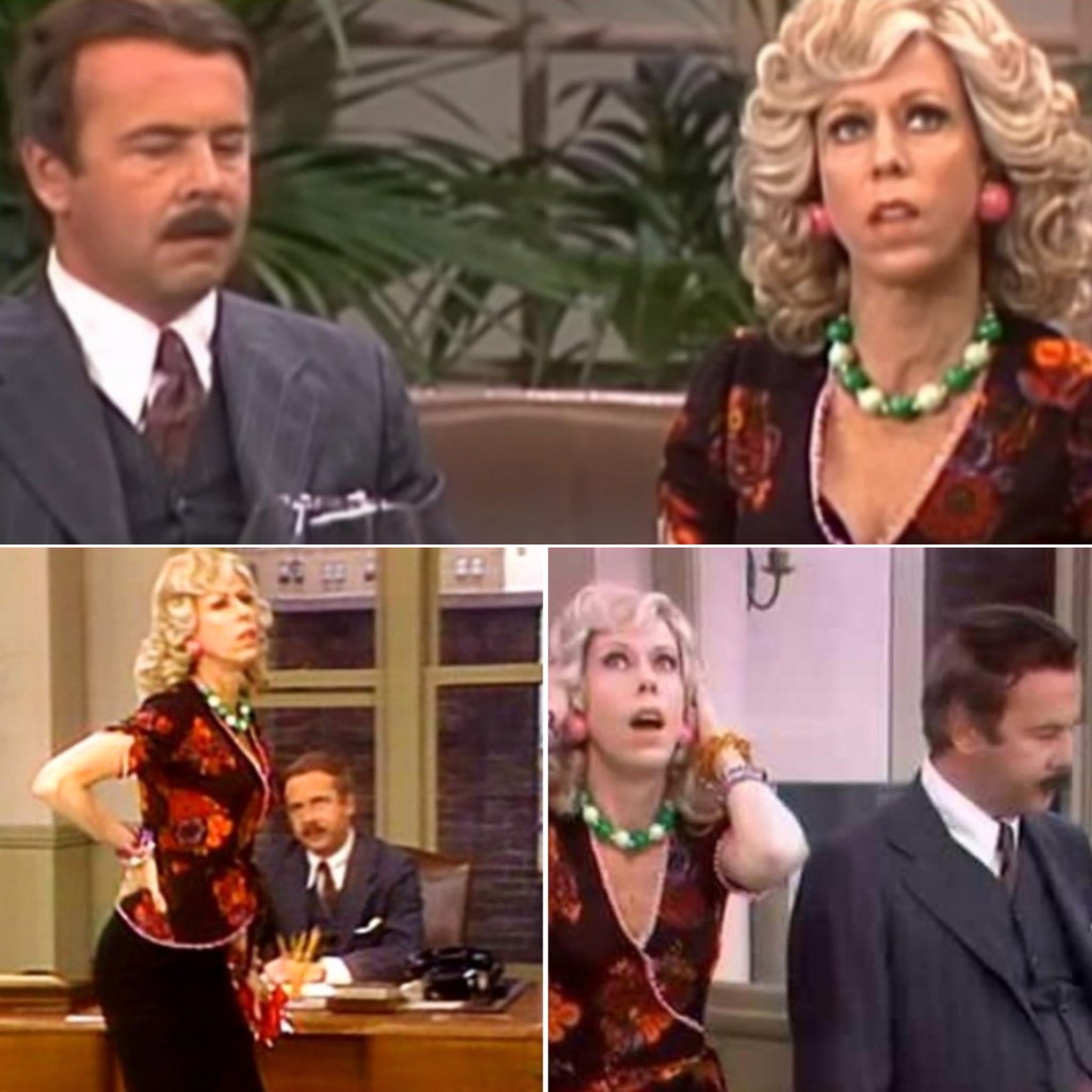Biz Markie’s unapologetically wacky and seemingly out-of-this-world 1989 hit “Just A Friend” was a true pop phenomenon!
The Long Island-based MC, DJ, and beatboxing jokester delivered a love song that was laughably out of tune at times. Yet, the infectious chorus—“Youuu got what I neeed!”—broke through all expectations to become one of the most unlikely sing-alongs of 1990, eventually reaching No. 9 on the Billboard Hot 100.
This moment stands out as a fascinating contrast to today’s headlines, which often declare hip-hop’s supposed commercial decline.
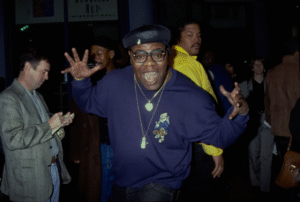
Rapper Biz Markie attends an event, 1994.
After Kendrick Lamar and SZA’s 13-week No. 1 hit “Luther” was removed from the Billboard Hot 100 on October 25, following a rule change (which states that any song ranking below the top 25 is automatically displaced after 26 weeks on the chart), there are currently no rap songs in the Top 40.
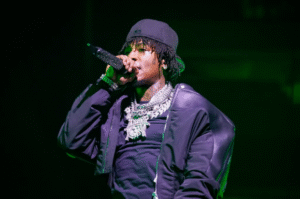
NBA YoungBoy performs onstage during the MASA TOUR at State Farm Arena on October 15, 2025 in Atlanta, Georgia.
In 1990, hip-hop was still embracing its “keeping-it-real” roots. Biz Markie’s rise on the pop charts—an achievement for a member of the legendary Juice Crew—was celebrated as a cool, underdog success story. His crossover moment was viewed in the same positive light as earlier pioneers like the Sugar Hill Gang, Run-D.M.C., and Salt-N-Pepa.
However, the response was vastly different for Oakland’s MC Hammer. His record-breaking, 18-times platinum album Please Hammer Don’t Hurt ’Em produced three top 10 hits: “U Can’t Touch This” (No. 8), “Have You Seen Her” (No. 4), and “Pray” (No. 2).
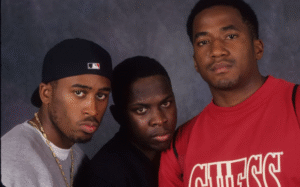
Rappers Ali Shaheed Muhammad, Phife Dawg and Q-Tip of the hip hop group “A Tribe Called Quest” poses for a portrait in September 1993 in New York.
In 1991, Q-Tip of A Tribe Called Quest famously dissed MC Hammer in the song “Check the Rhime,” with the line: “And proper, what you say, HAMMER?/ Proper, rap is not pop/ If you call it that, then stop.” That same year, in the music video for his single “Be True to the Game,” Ice Cube, a former N.W.A member, depicted tying up and kidnapping a dancer dressed in red sequins who bore a suspicious resemblance to the star of “Let’s Get It Started.”
For many purists, MC Hammer was just as offensive as the so-called “great white hope” of rap, Vanilla Ice, who scored the biggest hit by a hip-hop act that year with the chart-topping “Ice Ice Baby,” and the novelty duo Partners in Kryme, who reached No. 13 with their playful track “Turtle Power” from the Teenage Mutant Ninja Turtles soundtrack.
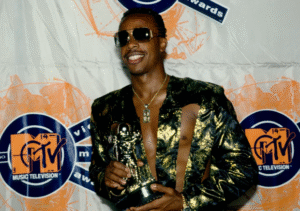
American rapper MC Hammer poses with his Best Rap video award during the 1990 MTV Video Music Awards at the Universal Amphitheatre in Los Angeles, California, September 6, 1990.
By 1991, Yo! MTV Raps had solidified its influence over suburban America, while the Billboard charts reflected hip-hop’s rapid cultural expansion. Artists like LL Cool J, Jazzy Jeff & The Fresh Prince, Naughty By Nature, and Yo-Yo featuring Ice Cube all achieved Top 40 hits.
In just two years, gangster rap would reach new heights of popularity. Snoop Dogg’s “What’s My Name” and “Gin and Juice” both peaked at No. 8 on the Billboard Hot 100, showcasing the genre’s growing mainstream appeal.
It wasn’t until decades later that hip-hop fans would reassess MC Hammer’s monumental commercial success. An album like Please Hammer Don’t Hurt ’Em would rival Taylor Swift’s streaming numbers in today’s era of digital dominance. Somewhere, Biz Markie is probably having a good laugh.
